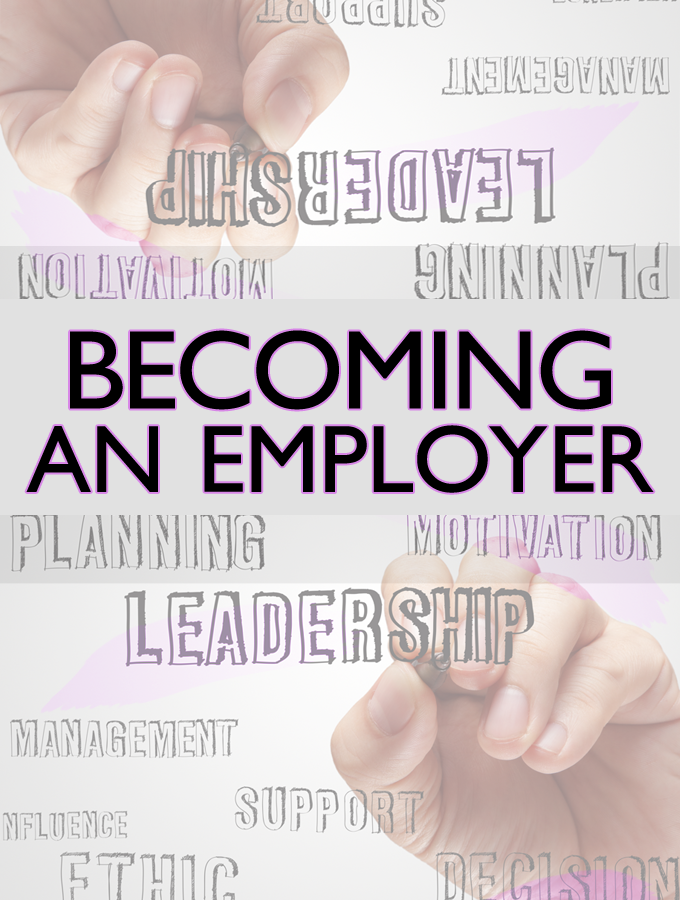To apply for funding to various programs (including ProMontreal Entrepreneurs), candidates are often required to submit a letter of reference, and I am always asked for my advice on whom to request a letter from. It’s not a good idea to ask for a reference letter from an employee or a parent, because of the conflict of interest it creates which therefore makes the person writing the letter not credible.
So, what is a letter of reference? The letter serves as a character reference, where the person is vouching for you, your skills and your abilities to get the job done. In the letter, they need to provide context as to where their knowledge comes from, and they should clearly outline the project, context or experience they had with you in order to write the letter.
That being said, who can you ask to write you a reference letter? Here are the top 5 sources:
1) People from the same industry
It’s important to establish yourself as an active participant in your industry. Presumably, you are in contact with other individuals from your industry that are not direct competitors but that know the industry and the opportunity your product or service may offer. They could talk about your potential impact or innovation, or express an interest they might have in doing business with you. This is also known as a letter of intent. Even though this contact may not know you on a personal basis yet, they should state in their letter that they have intentions of working with you or doing business with you in the future. Of course, just because they mention this in their letter does not make it legally binding.
2) People currently doing business with you
If you are a few years into the startup stage of your business and you have some traction, chances are you are already doing business with various people. For example, it could be a supplier, distributor, or retailer you’re working with. We once funded a company that got a reference letter from a store that was directly implicated in selling their products. They can vouch that you have a good quality product or service.
3) Past employers
Past employers are great sources for attesting to your work ethic, your achievements, your leadership, and any transferable skills that you have in the workplace. They are ideal because they have firsthand experience in working with you.
4) Past professors
Asking for a reference letter from a past professor is a great idea for younger entrepreneurs who may not have as much experience in a professional work environment. In the past, I’ve received glowing letters of recommendation from professors of Masters/PHD students we’ve funded. Professors can attest to your diligence, work ethic, and they can easily back up any of their claims with references to your past projects or grades.
5) Community service
Perhaps you don’t have much experience in a work or university environment, but you spend a lot of time doing community service. If you’re an active member of an organization (i.e. you’ve volunteered there more than once or twice), and especially if you hold some sort of leadership role, getting a reference letter from a supervisor could be valuable.
If you have any other ideas for reference letter sources, feel free to leave a comment below!




 Understanding how your market works and what customers want is vital. When done right, it will enable you to find investors, help spot potential roadblocks, and most importantly, attract customers.
Understanding how your market works and what customers want is vital. When done right, it will enable you to find investors, help spot potential roadblocks, and most importantly, attract customers. All you really need to brush up on your entrepreneurial skills is a good internet connection and a functioning computer. A simple Google search will result in great advice that you can use to your startup’s advantage. You can find amazing blogs from seasoned entrepreneurs, or even watch live streams and webinars. And, best of all, they are free! One of my favorite channels is the
All you really need to brush up on your entrepreneurial skills is a good internet connection and a functioning computer. A simple Google search will result in great advice that you can use to your startup’s advantage. You can find amazing blogs from seasoned entrepreneurs, or even watch live streams and webinars. And, best of all, they are free! One of my favorite channels is the 



